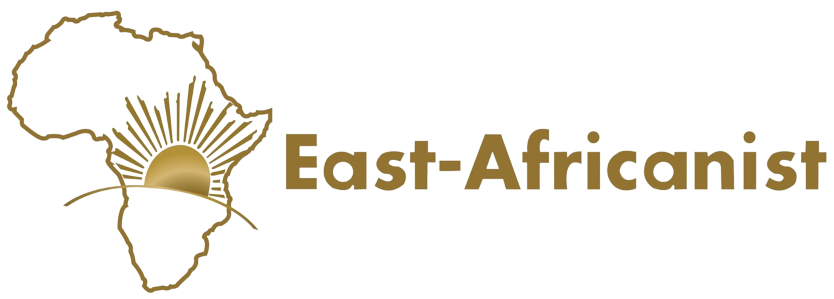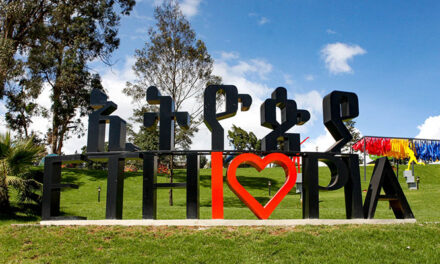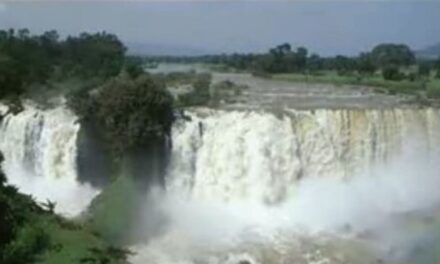Aderru Janni [email protected] (Independent writer and consultant in Water and Environment Issues),
1. Nile and the GERD in Context
Ethiopia contributes over 85% the Nile water flow. Egypt and Sudan share almost 100% of the Nile waters between them, as dictated by the infamous 1959 colonial era bilateral agreement. The rest of the 9 Nile basin countries including Ethiopia, contributing 100% of the water volume, are shunned from using the Nile water. There is no such a parallel situation in the world that two downstream watercourse countries control and utilize 100% of the water resources originated from the upstream 9 countries.
Ethiopia is in the final phase of constructing the Grand Ethiopian Renaissance Dam (GERD) on Abbay/Blue Nile River close to the Sudan border. Ethiopia’s request to the World Bank and other international lenders to help finance the project was long rejected. As a result, the GERD is a self-financed dam constructed by the contributions coming from the Ethiopian public and their government. People contributed money from all walks of life with the hope that one day they can get electricity to light their house and cook their food. Mothers who make a living collecting firewood as well as shoe shines and daily laborers have even contributed to the cause of the project – getting Ethiopia out of darkness.
Ethiopia started GERD dam when all efforts for cooperative Nile development were rejected by Egypt, especially the proposed Joint Multipurpose Project (JMP) and Cooperation Framework Agreement (CFA). Thus, Ethiopia was left with no option but to build GERD to stir its socio-economic growth. There is no more compelling evidence than about 70 million people living in darkness. The construction of GERD stirred Egypt back to the negotiating table and would hopefully does the same to return it to the basin wide negotiation for CFA conclusion.
This article provides some of the factors why Egypt is unable to conclude an agreement based on equitable and reasonable utilization of the shared resources?
2. Historical Trends in Ethio-Egypt Transboundary Water Positions
Cairo’s Resistance to an all-inclusive framework agreement
In the past, Egypt has launched successive wars to control the source of Nile, by force. The two notable ones are the Battles of Gundet in 1875 and Gura in 1876. Egypt mulled colonial Britain to facilitate permanent agreement for total control of the flow of the Nile. The 1929 and 1959 colonial era agreements between Egypt and the Sudan cemented Egypt’s long quest for hegemonic control of the Nile waters.
Recently, against the efforts of the nine Nile basin countries formulated in the CFA, which advocate equitable and reasonable utilization of the Nile water, Egypt took unilateral action to incorporate ‘protecting the historical right of the Nile’ in its revised 2014 constitution. Cairo’s historical attempt at hegemonic behavior and unilateral actions to monopolize the Nile water without any regard to rapidly growing population in Ethiopia (~115 million people) also ignores the alienable fundamental human rights.
Over the last 20 years of engagement, many attempts for joint development and cooperation were aborted by Cairo. Cairo aborted a breakthrough Joint Multipurpose Project (JMP) envisaged by the three countries. In the same manner, Cairo declined the 13 years joint effort of the CFA, and withdrew from all regional Nile initiatives. Egypt withdrew years back from the Nile Basin Initiative (NBI), the Eastern Subsidiary Action Program (ENSAP), which is the Eastern Nile office for implementation of joint projects.
Addis Ababa’s Call for equitable and reasonable Nile water utilization
In the current GERD negotiation, Ethiopia has agreed over the 90% of the technical negotiation points. Ethiopia also made clear all negotiations need to be consistent to the Declaration of Principles (DoP) signed in 2015 by the Head of States of Egypt, Ethiopia and Sudan. The DOP outlined principles of peaceful settlement of disputes in Section X. Ethiopia has shown its intention to forge acceptable agreement that is cooperative, dynamic, and adaptable by affirming in the January 15, 2020 Joint Statement of Egypt, Ethiopia, Sudan, the United States and the World Bank.
The January 15, 2020 joint statement also affirms the three countries commitment to take shared responsibilities during drought periods. However, Ethiopia came to a realization that drought has never affected Egypt over the last 100 years but obliterated Ethiopia several times over the last 100 years. Ethiopia reaffirms shared drought responsibility not only the hydrological drought but also the meteorological, agricultural and socio-economic droughts havocking communities upstream of GERD. The moral compass dictating Addis Ababa on the Nile is nothing other than equitable and reasonable utilization of the Nile water with shared responsibility to extreme disasters affecting people in the Blue Nile basin.
3. The Role of External Factors in the GERD Negotiation
The presence of global food corporations specifically from Gulf countries puts additional dimension to the ongoing basin wide as well as the GERD/Nile negotiation. Egypt dished out cheap land contracts as much as 405,000 feddans (~ 170,000 hectares) for the Gulf companies from the Toshka. Most strikingly these companies grow livestock feeds with the most scarce water resource of the planet. As noted in InfoNILE, “The Gulf’s network of agricultural investment in Egypt is quite intertwined, as the business interests of private investors from both Egypt and the Gulf intersect with the broader political and economic ties between Egypt and the Gulf countries.”
Cairo’s insistence on to maintaining a rigid negotiation position and attempting to internationalize the basin problem is related to outside pressure highly intertwined with the ruling machinery of Cairo than the people of Egypt. It is not without a reason the Arab League issued a statement at a regular session of the Arab Foreign Ministers Council held March 5 explicitly stating “Egyptian water security is an integral part of Arab national security.” It is an open secret Saudi companies grow livestock feed both in Sudan and Egypt. Sudan’s new Prime Minister, Abdalla Hamdok, once said exporting crops to feed foreign animals while borrowing money to import wheat is “almost insane.” I am asking this question, are some livestock more human than humans located at the sources of human origin?” I think, the Gulf States can support development of the huge untapped ground water reserves in Egypt, which under conservative estimate of only 100 meter water depth, as much as 5367 Km3 of fresh water can be drawn for utilization. This can amply help offset any additional water pressure coming from regional population explosion at least for the coming 200 years. In addition, Gulf and international community can help the Nile basin by modernizing Egypt’s agricultural water management system. Some studies indicated water as much as 40 BCM can be saved from wasted irrigation water in Egypt alone.
4. The way forward
The skewed statuesque and Egypt’s hydro-hegemony is untenable. Cairo’s active stalling strategy to maintain its hydro-hegemony and Arabization of African resources back fires from within and the Nile basin. Cairo needs to observe transferring the contested Nile water from Africa to the Gulf and other countries. Also, Cairo needs to observe on its wasteful water utilization. Ethiopia, who has yet to utilize its share of the 85% of its Nile contribution, is unlikely to jeopardize utilization of the Blue Nile upstream of GERD through permanent legal juggernaut.
As a long term option, Egypt Ethiopia and Sudan must be encouraged to enter into water sharing agreement on the Blue Nile (including Sudan). As the short term option, the three countries need to conclude the filling phase of the negotiation. The current extraordinary wet season floods remain in the system supporting the GERD filling for the coming few years. Hopefully, the AU will realize and speed up the filling negotiation now and continue with the long term negotiation thereafter.
In the long term analysis, the 21st century Nile should be governed by principles and policies that guarantee equitable and reasonable utilization of the shared Nile resources based on integrated water resources development and management (IWRM) principles. Countries shall enter into a Cooperative framework agreement (CFA), establishing a legal and institutional mechanism and let the science take care of the rest.





This is how ethical and professionals write. Hiding and twisting facts should be considered as crime against humanity.